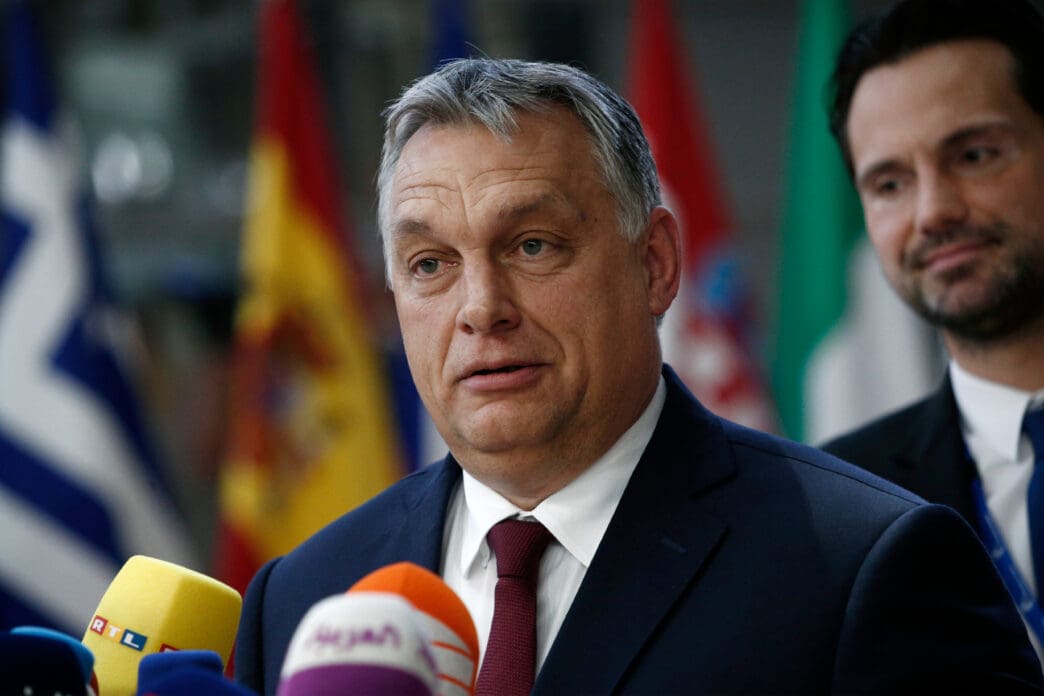Executive Summary
The Story So Far
Why This Matters
Who Thinks What?
Hungary is actively seeking to forge a Ukraine-skeptic alliance within the European Union, aiming to collaborate with Czechia and Slovakia to impede the bloc’s financial and military support for Kyiv. This initiative, articulated by Balázs Orbán, a top political adviser to Hungarian Prime Minister Viktor Orbán, envisions pre-summit coordination ahead of EU leaders’ meetings, echoing the resistance tactics of the former Visegrad 4 group during the migration crisis.
Proposed Alliance and Historical Context
Prime Minister Orbán hopes to team up with Andrej Babiš, whose right-wing populist party recently won Czechia’s parliamentary election, and Slovak Prime Minister Robert Fico. Such an alliance, while not yet formally established, could significantly hinder EU efforts to provide aid to Ukraine.
Balázs Orbán drew parallels to the Visegrad 4 (Hungary, Czechia, Slovakia, and Poland) during the 2015 migration crisis, where the group resisted mandatory migrant relocation. However, the Visegrad 4 fractured after Russia’s full-scale invasion of Ukraine, as Poland adopted a hawkish stance against Moscow, contrasting with Hungary’s position.
The proposed new alliance would consist of three members, as Poland’s current center-right Prime Minister, Donald Tusk, is staunchly pro-Ukraine and unlikely to join. Both Fico and Babiš have publicly echoed the Hungarian leader’s views, advocating for dialogue with Moscow over economic pressure and expressing skepticism about further European aid to Kyiv.
Challenges and Broader Ambitions
Despite these aspirations, the formation of a cohesive Visegrad alliance faces immediate challenges. Robert Fico, while re-elected as Slovakia’s prime minister in 2023, has not yet formally allied with Hungary on specific policy areas. Andrej Babiš has also yet to form a government following his party’s recent electoral victory in Czechia.
Hungary’s pursuit of political partnerships extends beyond the European Council. Balázs Orbán indicated that Prime Minister Orbán’s Fidesz party, part of the far-right Patriots for Europe group, seeks to expand its alliances in the European Parliament. Potential partners mentioned include the right-wing European Conservatives and Reformists group, the far-right Europe of Sovereign Nations group, and “some leftist groups.”
The Prime Minister’s adviser also suggested that mainstream parties, such as the center-right European People’s Party, might eventually turn against European Commission President Ursula von der Leyen, potentially disrupting the centrist majority that supported her re-election. The Mathias Corvinus Collegium, a think tank chaired by Balázs Orbán and largely funded by Hungarian government allies, is also expanding its presence in Brussels to support these alliance-building efforts.
Domestic Politics and EU Relations
Domestically, Prime Minister Orbán faces a re-election battle next year, with opposition leader Péter Magyar’s Tisza party currently outpolling Fidesz. Balázs Orbán described the upcoming campaign as “tough,” alleging an “organized, coordinated effort” from Brussels to undermine the Hungarian government by supporting the opposition.
The European Commission maintains that its measures to withhold funds from Hungary are due to Budapest’s non-compliance with EU law, not a political agenda. Regarding allegations against Hungary’s Health Commissioner Olivér Várhelyi, Balázs Orbán defended him, stating he was “doing a great job” and dismissing the reports as attempts to portray Hungary as disloyal to EU institutions. He emphasized, “We want to be inside. We are part of the club.”








